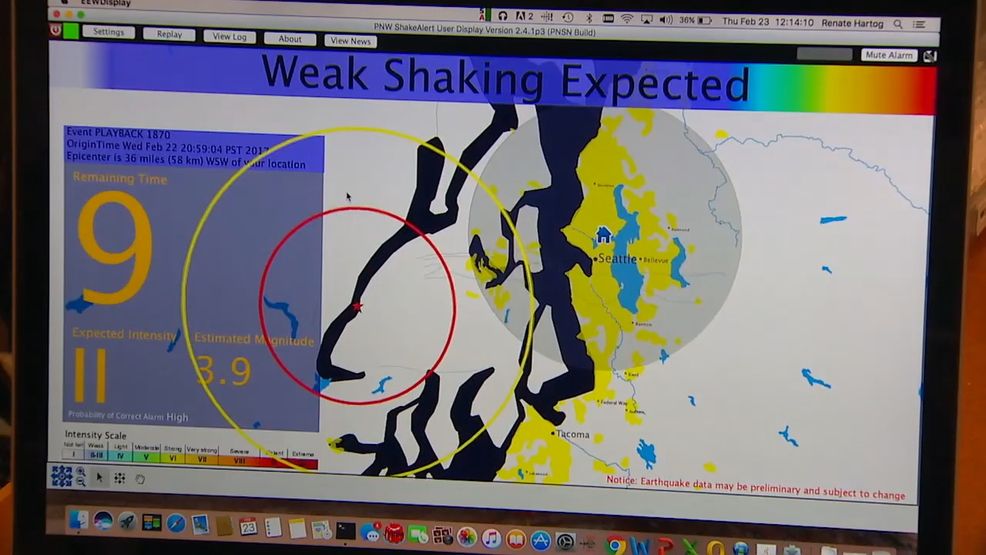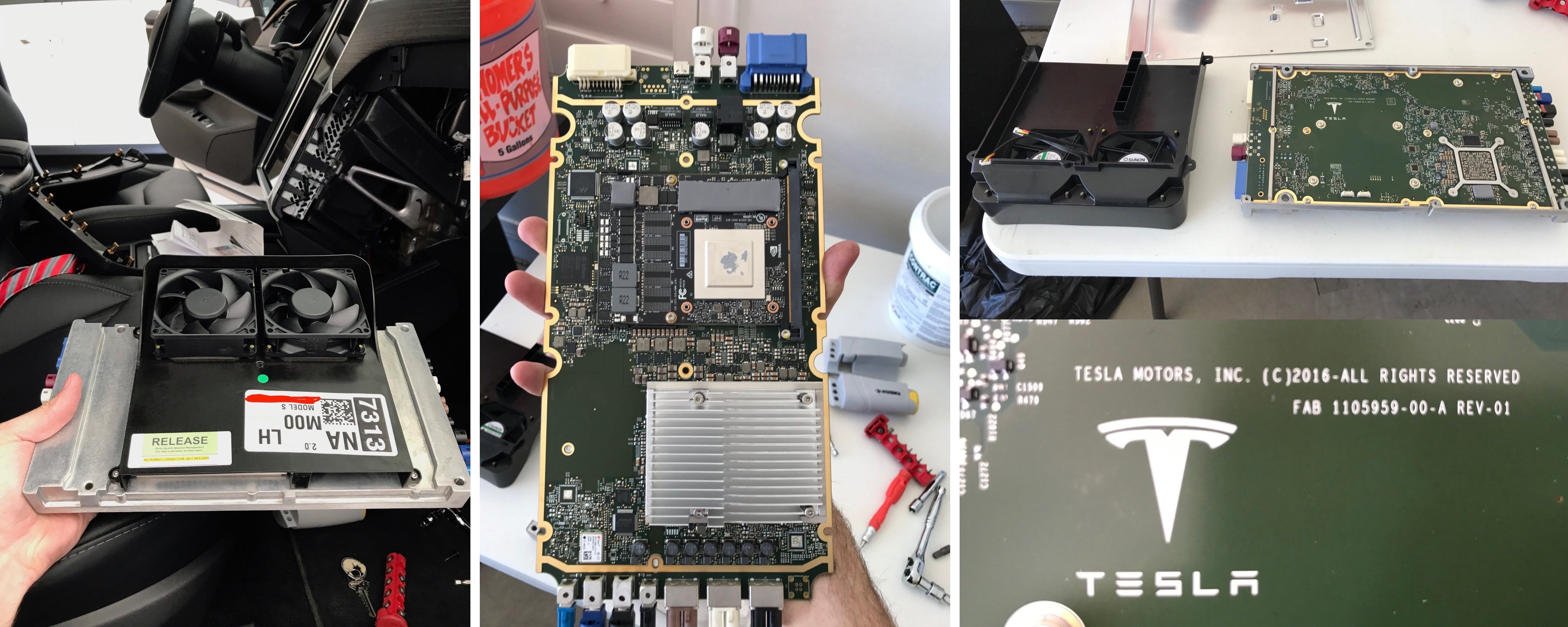The good news: Humanity will survive climate change. The bad news: The only ones who do will be genetically modified superhumans.



PASADENA, Calif. (AP) — Developers testing an earthquake early warning system for the West Coast say its automated alerts are ready to be used more broadly, but not for mass public notification.
U.S. Geological Survey official Doug Given told reporters Wednesday at California Institute of Technology that the ShakeAlert system has transitioned from a production prototype to operational mode.
The system built for California, Oregon and Washington detects an earthquake is occurring and send out alerts that may give warnings of few seconds to perhaps a minute before shaking arrives at locations away from the epicenter.


SRI Newsletter #06 2018 Great success both for the public and for the speakers, despite the enrollment fees definitely out of budget for many: more than 6300 registered participants, of which almost 50% very young, more than 2000 papers presented in the various symposia. The title of the Congress was very interesting: “Involving everyone”. This gave the impression that there was plenty of space at the Congress for the themes of civil development in space. The attention to the impetuous development of the NewSpace sector is now felt everywhere, and the most important global space congress could not avoid being impacted. After all, it is thanks to the growth of the NewSpace sector if the IAF Congress has recorded this remarkable success. But which were the predominant themes of the Congress? Has the promise announced in the title been kept? In part, yes, but a lot of work remains to be done. And the main NewSpace entrepreneurs didn’t come to Bremen. Read the whole article.
The 69th Congress of the International Astronautical Federation took place in the halls of the Bremen exhibition center from 1 to 5 October.
Great success both for the public and for the speakers, despite the enrollment fees definitely out of budget for many: more than 6300 registered participants, of which almost 50% very young, more than 2000 papers presented in the various symposia. The title of the Congress was very interesting: “Involving everyone”. This gave the impression that there was plenty of space at the Congress for the themes of civil development in space. The attention to the impetuous development of the NewSpace sector is now felt everywhere, and the most important global space congress could not avoid being impacted. After all, it is thanks to the growth of the NewSpace sector if the IAF Congress has recorded this remarkable success. But which were the predominant themes of the Congress? Has the promise announced in the title been kept? In part, yes, but a lot of work remains to be done.
One aim was to “include everyone”, for example, in the exploration of the Moon. And we have seen some concrete cases of inclusion. The company Part Time Scientists, earlier in the context of the Lunar X-Prize, and then with the development of subsequent innovative projects, has put in place a lunar exploration project, in which some industries not belonging to the aerospace sector are involved as technological partners, as well as sponsors, such as Audi, Nokia, Vodafone. Of course, so far we are talking about exploration, mainly robotics, and not about industrial settlements on the Moon. The Moon Village Association thinks about that and presented their initiatives in a context that is becoming more and more receptive and interesting for many.

We are in the early days of what might be called the “physical cloud,” an e-commerce ecosystem that functions like the internet itself. Netflix caches the movies you stream at a data center physically close to you; Amazon is building warehouse after warehouse to store goods closer to consumers. And the storage systems at those warehouses are looking more like the data-storage systems in the cloud. Instead of storing similar items in the same place—a helpful practice when humans were fetching the goods—Amazon’s warehouses store multiples of the same item at random locations, known only to the robots. Trying to find an Instapot at one of Amazon’s warehouses would be like trying to find where in the cloud one of your emails is stored. Of course, you don’t have to. You just tap your screen and the email appears. No humans are involved.
What if you could store and deliver goods as easily as data? Amazon, Walmart and others are using AI and robotics to transform everything from appliance shopping to grocery delivery. Welcome to the physical cloud.


Tesla CEO Elon Musk updated the timeline to release the company’s new neural net computer, which they claimed will be the ‘world’s most advanced computer for autonomous driving’.
They are now aiming for the new computer to be in production in about 6 months and it could result in a 500‑2000% increase in operation per second, according to Musk.
The release of this new computer with Tesla’s own AI chip would be the culmination of a long project that Tesla started about 3 years ago as it anticipated a need for more computing power in its vehicles.



MIT has launched the Stephen A. Schwarzman College of Computing, a $1 billion center dedicated to “reshaping its academic program” around AI. The idea, said MIT president L. Rafael Reif, is to use AI, machine learning and data science with other academic disciplines to “educate the bilinguals of the future,” defining bilingual as those working in biology, chemistry, politics, history and linguistics with computing skills that can be used in their field.